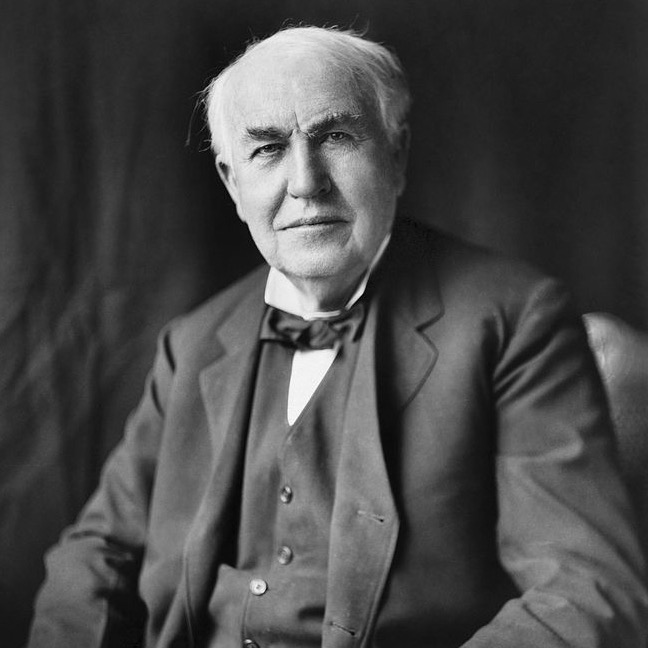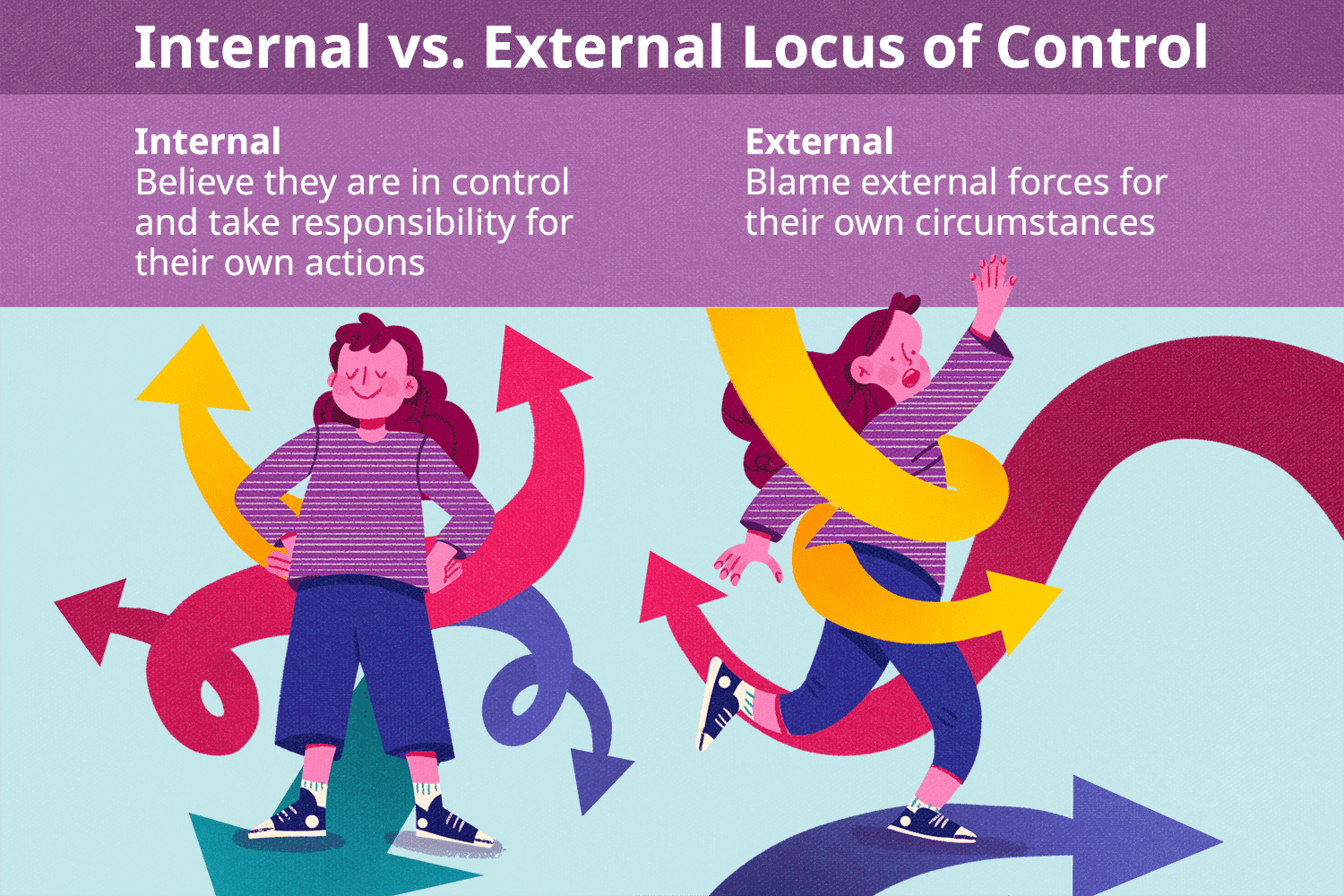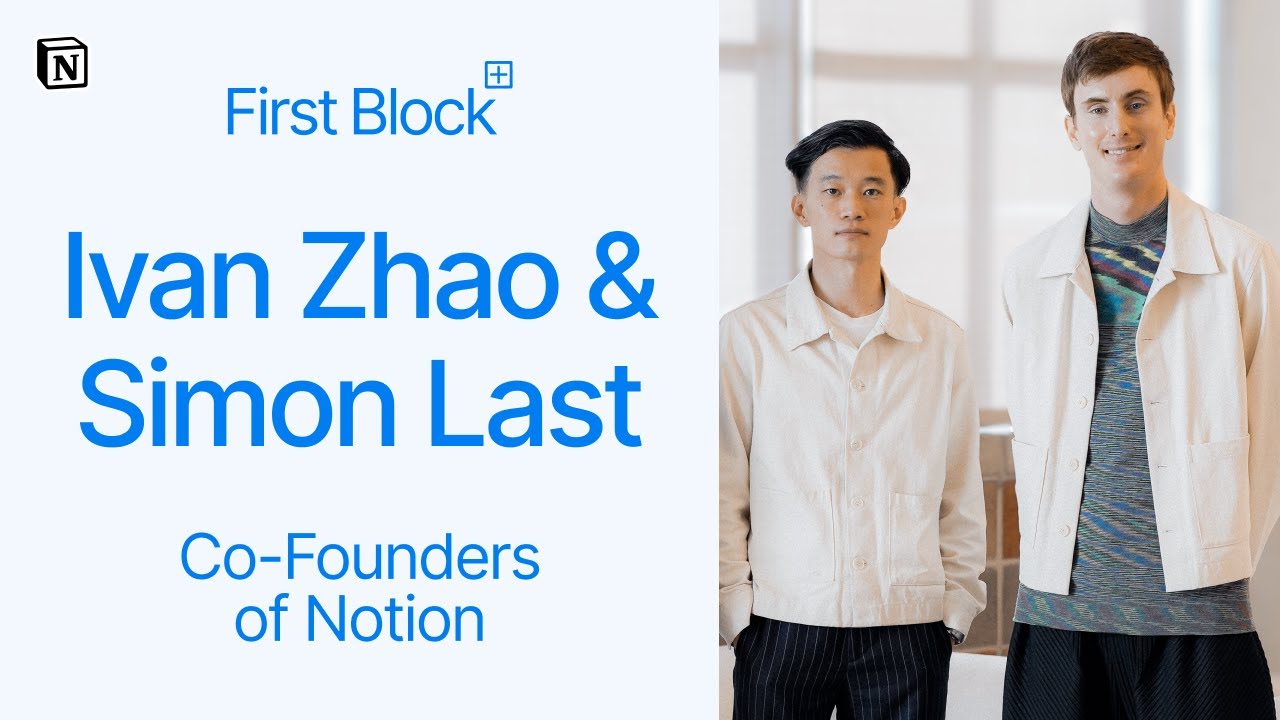Welcome back to Let’s-Kill-It #letsskillit series and today we continue our straight-talking, laugh-along adventure into the messy yet glorious world of goal achievement. Our mission? Break down what makes goals tick and how you can join the elite squad of goal-crushers.
Spoiler alert: it’s not just about grinding harder or posting motivational quotes on Instagram. Real goal-getting requires mastering ownership, staying result-oriented, persevering through the grind, and thriving in uncertainty. We’ll spice things up with stories about Thomas Edison, Elon Musk, and Notion while sprinkling in the psychology, and a dash of brain chemistry.
Let’s arm you with the tools to kill it, one goal at a time!
Ownership: Claiming Your Path to Success

When Thomas Edison embarked on his journey to create the electric lightbulb, failure wasn’t a roadblock, it was a rite of passage. It was the norm back then. He tested 10,000 prototypes, each one failing gloriously until it didn’t. Edison’s genius wasn’t just in his invention, it was in owning the process, failures and all of it. Despite repeated failures, he just didn't give up but he persevered.
The science
Ownership is all about mindset. It hinges on the idea of locus of control:
- Internal locus of control: “I own my outcomes.”
- External locus of control: “Blame the universe, the ecosystem, or my neighbour’s dog."

When you take responsibility, you empower yourself to act. People with an internal locus of control are like mental ninjas, seeing setbacks as solvable puzzles rather than reasons to give up.
Taking ownership lights up the prefrontal cortex, like the CEO of your brain. This region handles decision-making, planning, and resisting the siren call of distractions (we’re looking at you, TikTok). Each small win in the ownership journey releases dopamine, the brain’s feel-good chemical. It’s like giving your brain a high-five, reinforcing the effort-reward loop and keeping you hooked on progress.
So, What?
Own your goals unapologetically. If your project flops or your pitch fails, don’t blame external factors. Instead, ask:
- What did I learn?
- What can I improve?
This mindset turns setbacks into setups for comebacks.
Own your goals unapologetically.
Result Orientation: Keeping Your Eyes on the Prize

In 2002, Elon Musk decided, “Let’s not just go to space; let’s colonize Mars.” Lofty? Absolutely. Ridiculous? Maybe. But his result-oriented approach propelled SpaceX through catastrophic failures, including three rocket explosions. On the fourth try, they nailed it, securing a NASA contract and redefining what was possible in aerospace. Sure, the mars goal is still longways off but it is much closer than in 2002!
The science
Here’s the deal: vague goals are a recipe for mediocrity. Enter goal-setting theory by Edwin Locke and Gary Latham, which states:
- Specific, challenging goals lead to higher performance.
- Example: “Increase website traffic by 20% this quarter” > “Get more clicks.”
Why It Woks?
- The endowment effect: The more you invest in a goal, the harder it is to walk away.
- Specificity creates focus. A defined target removes ambiguity, turning “someday” into “day one.”
The brain loves clarity. Precise goals activate the anterior cingulate cortex, responsible for focus and error detection. Plus, dopamine rewards every milestone, keeping you motivated.
So, What?
Define your goals like a boss:
- “Publish my book by December” beats “Write when inspiration strikes.”
- Break big goals into micro-goals to make progress feel achievable.
Perseverance: Mastering the Long Game
If ownership is your compass and result orientation your map, perseverance is the engine that keeps you moving. Look no further than Notion founders Ivan Zhao and Simon Last, who refused to quit despite a failing product, a skeletal team, and dwindling funds. They rebuilt Notion from scratch, iterating until users couldn’t get enough. Today, Notion is a billion-dollar productivity tool with a cult following.

The science
Perseverance boils down to grit. It’s the sustained passion and effort toward long-term goals. But grit isn’t just about sticking with it; it’s about knowing when to adapt without losing sight of your vision. Then there’s resilience: the mental toughness to bounce back from setbacks. Think of it as emotional Teflon, nothing sticks long enough to drag you down.
Repeated effort strengthens neural pathways in your brain, making habits stick. It’s called neuroplasticity, and it’s why the more you push through challenges, the easier it becomes to keep going. Your prefrontal cortex and basal ganglia team up to make perseverance a second nature over time.
Perseverance boils down to grit. It’s the sustained passion and effort toward long-term goals.
So, What?
- Break goals into bite-sized tasks.
- Celebrate every small victory to keep the dopamine flowing.
- Treat setbacks as temporary. They’re not a dead end; they’re a detour.
Coping with Uncertainty: Thriving Amid Chaos
Uncertainty is the ultimate goal-killer, but it doesn’t have to be. Just ask Elon Musk, who risked personal bankruptcy to fund SpaceX’s fourth launch. It wasn’t blind optimism; it was a calculated gamble rooted in adaptability.

The science
When faced with the unknown, your brain’s amygdala screams, “Danger!” The trick? Reframe uncertainty as an opportunity to learn. This aligns with the growth mindset, where challenges are seen as stepping stones rather than roadblocks.
High self-efficacy, the belief that you can influence outcomes, is another game-changer. It shifts your perspective from “This is impossible” to “I’ll figure it out.”
The Default Mode Network (DMN) helps your brain process uncertainty, brainstorming creative solutions during rest. Pair this with a calm prefrontal cortex (thank you, mindfulness), and you’ll see possibilities where others see chaos.
So, What?
- Embrace ambiguity as part of the process.
- When plans change, focus on the next best action.
- Build adaptability through reflection and mindfulness practices.
Bringing It All Together: A Framework
Achieving goals isn’t about mastering one area; it’s about weaving ownership, result orientation, perseverance, and adaptability into a cohesive strategy. Let’s break it down into actionable steps:
1. Define Goals with SMART
- Specific: Make goals clear and detailed.
- Measurable: Attach numbers to track progress.
- Achievable: Keep them challenging yet realistic.
- Relevant: Align with your bigger-picture aspirations.
- Time-bound: Set deadlines to avoid procrastination.
Example: Instead of “Get fit,” aim for “Run 5 kilometers in 30 minutes within eight weeks.”
2. Time-Box Your Efforts
Time-boxing ensures tasks don’t expand endlessly. Try techniques like the Pomodoro Technique (25 minutes of focused work, 5-minute breaks).
So, What? Deadlines are your best friend. They kill perfectionism and force progress.
3. Track Progress with KPIs
Set key performance indicators to measure success.
Example: For a blog, track page views, bounce rates, and engagement.
So, What? Regularly review your progress to recalibrate. Use tools like spreadsheets or habit-tracking apps.
4. Celebrate Wins
Each milestone, no matter how small, deserves a party (or at least a fist pump). Celebration reinforces the behaviour, thanks to, you guessed it, dopamine.
So, What? Acknowledge progress to stay motivated. You’re not a robot; rewards matter.
5. Embrace Setbacks and Adaptability
Setbacks aren’t failures; they’re data points. Adapt, pivot, and move forward.
So, What? When a plan falls apart, focus on the lesson, not the loss.
Conclusion: What Your Next Goal?
Goal achievement isn’t a mystical art for the chosen few. It’s a science, a strategy, and a skill anyone can cultivate. By owning your journey, sharpening your focus, persisting through the grind, and embracing uncertainty, you create a personal success formula.
Goal achievement isn’t a mystical art for the chosen few. It’s a science, a strategy, and a skill anyone can cultivate.
We often overestimate what we can achieve in a day but severely underestimate what we can accomplish in a year. Goals aren’t about giant leaps; they’re about consistent, tiny steps that compound over time. So, whether it’s acing your next big project, climbing the career ladder, or finally writing that novel, remember: every small win is a step closer to your dream.
Ready to take your teamwork skills to the next level? Keep following our #letsskillit series for tips that make a real impact on your career. Want to explore more? Sign up now to get invite-only early access to our AI app. Together, we’ll crush those goals and show the world how it’s done. We’re all about helping you master the essential career skills to crush your goals. Let’s achieve big things together! 🎉
#Skillstr #letsskillIt #GoalMastery #CareerSkills #PowerSkills #SuccessSkills #PersonalDevelopment